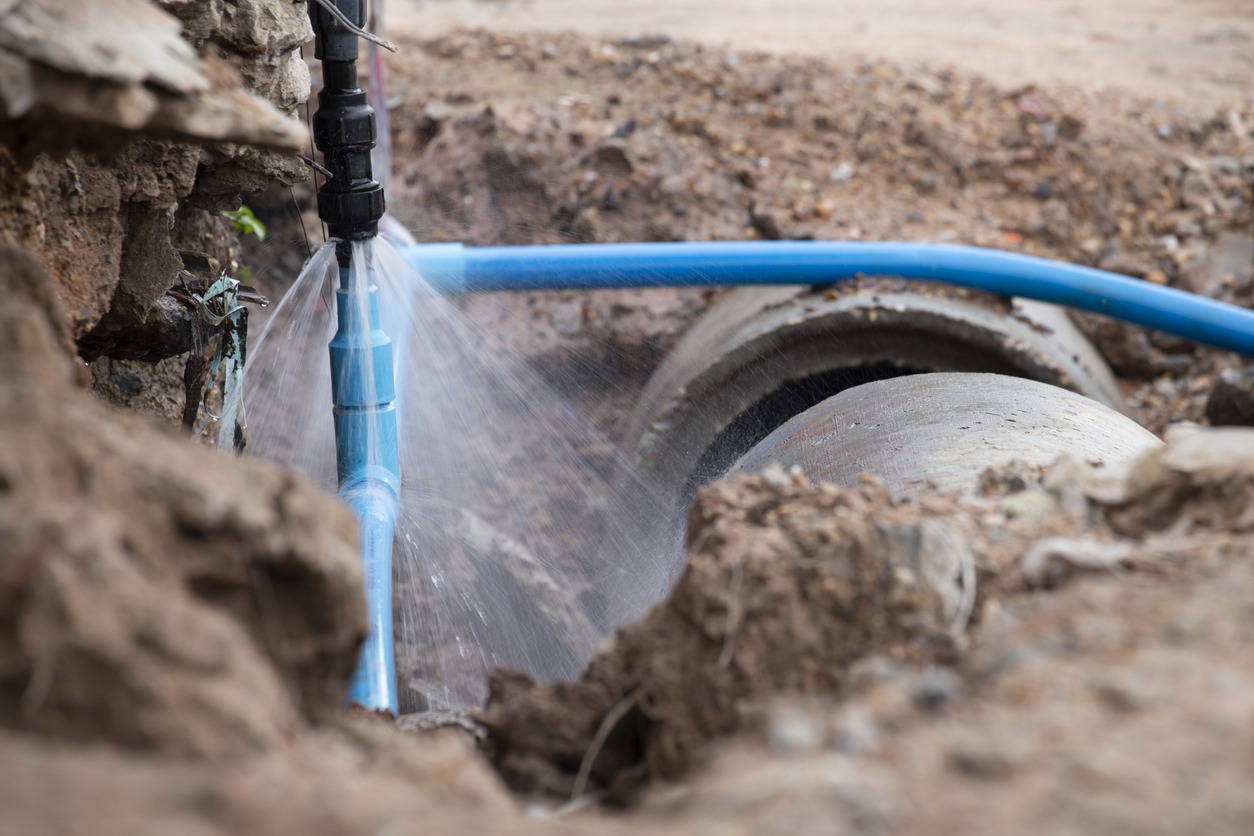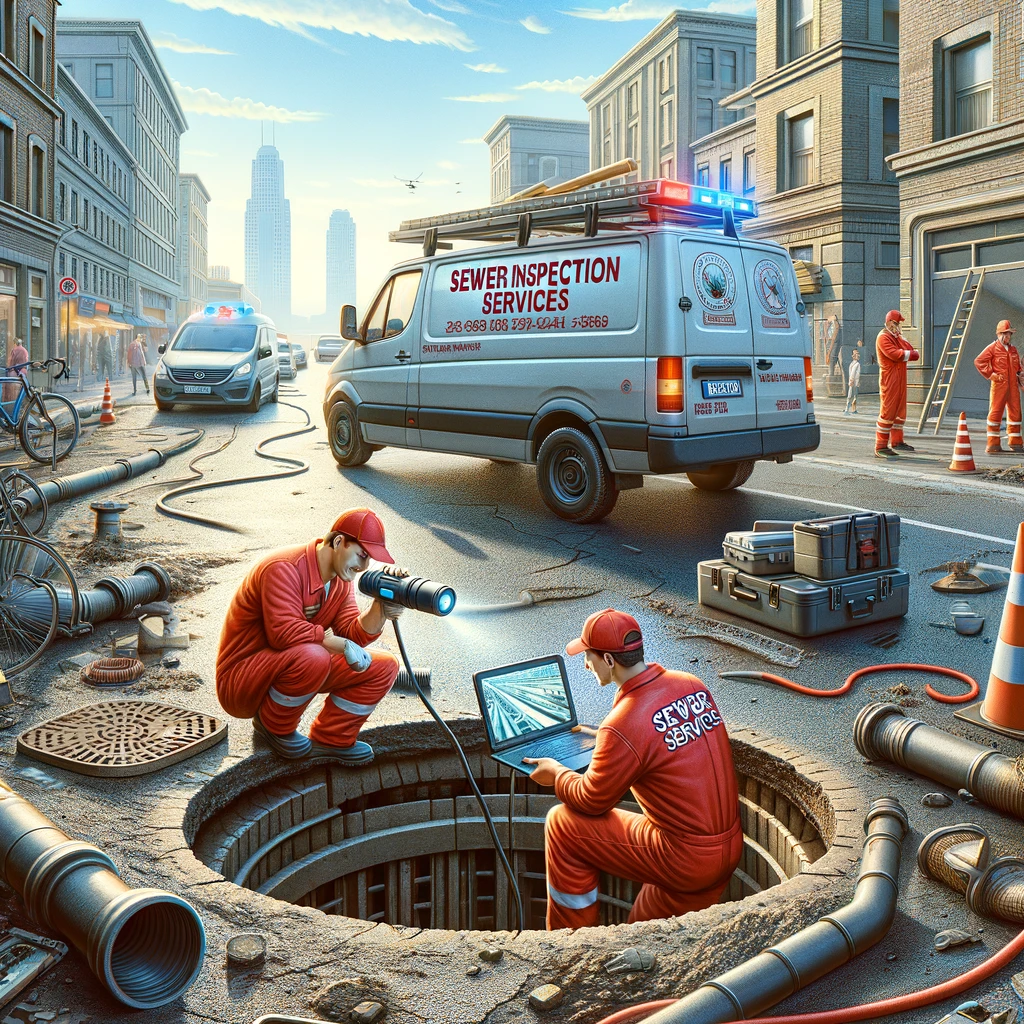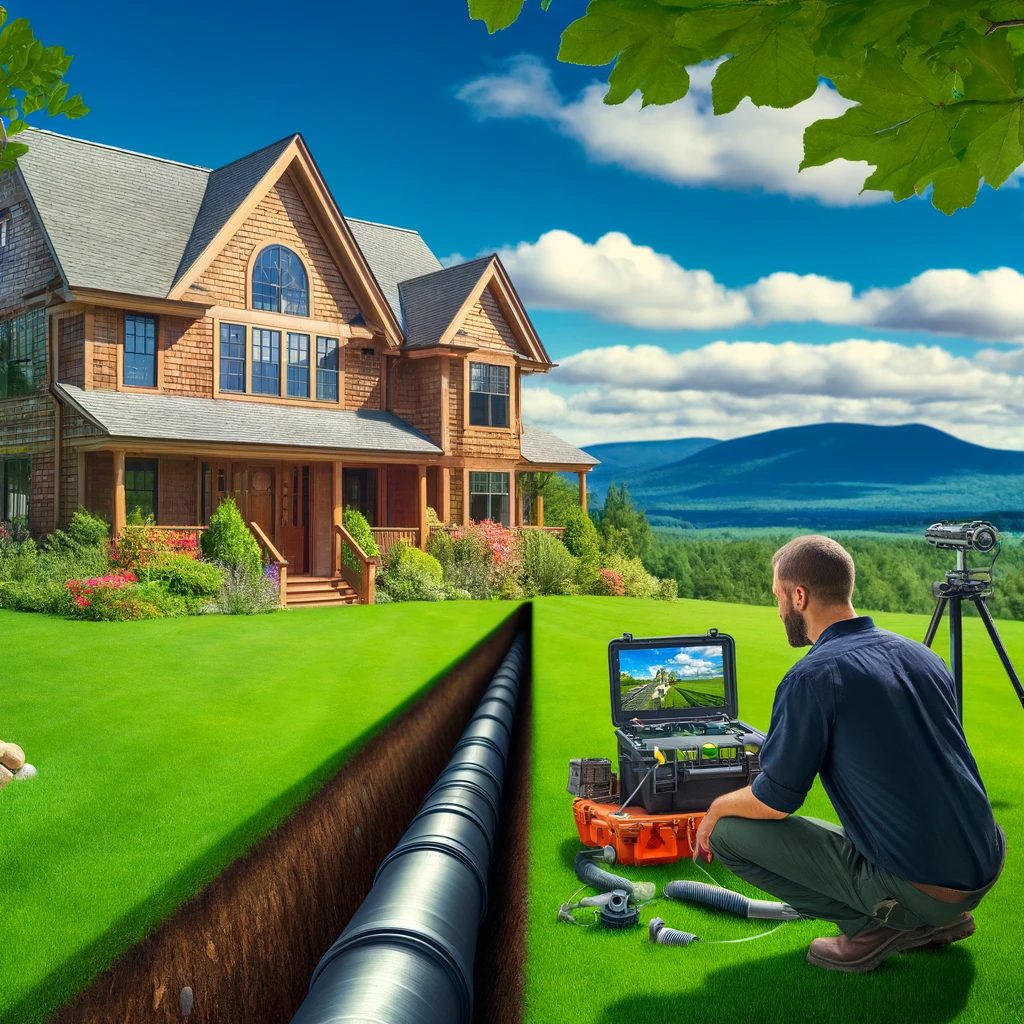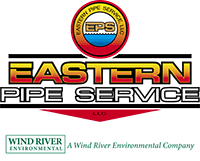When something goes wrong with your sewer pipes, whether it’s a broken pipe or corrosion, it can become a serious pain to deal with. You may not even realize it until you smell something not-so-pleasant. But if you take the proper precautions, you can prevent issues in the long run before things get bad.
Here’s what to look out for and how to prevent sewage issues from happening.
What should I do about sewer pipe corrosion?
One way to check for corrosion is the tried and true “sniff test.” Lightly sniff around where you suspect there may be an issue with the sewer pipes and see if it smells like rotten eggs or sewage. We know—not fun! A less unpleasant option would be to take water samples from different parts of the house and bring them to a professional for analysis.
Since corrosion can lead to bigger problems that require immediate attention (and cost), it’s important to try to prevent it. Another simple solution is to install a backflow prevention device on your main water line.
What should I do about a broken sewer pipe?
Speaking of bigger problems, a broken sewer pipe can lead to flooding, bad odors in your home, or worse. We recommend calling a professional immediately if you realize your septic has burst or is obviously leaking so they can assess how much damage there is and how to best fix it.
What is the best way to prevent sewer line problems?
The best way to protect against sewer problems is to have an annual checkup done on the entire system including the drain field, sewer pipes inside and near the house, cesspools that collect wastewater under homes, and other parts.
Generally, you should get your system inspected every two years if there are no signs of issues. This can vary based on how much your sewer pipes and system are used. As many people have spent a lot more time at home over the past year, you may be overdue for an inspection.
Here at Eastern Pipe, we service all of New England and offer sewer pipe video inspections, which allow monitors to view inside a drain line remotely on cameras, checking out any potential problems as well as how big they may be in relation to what could potentially happen next.
Some other preventative tips include:
• Avoid using non-drainable field irrigation systems. These can cause excess moisture accumulation within the septic tank that may lead to failures over time.
• Dump out any standing water around your house, including gutters or rain barrels, so it doesn’t get into the drains.
• Keep pets away from drainage areas. Animal waste can damage soil absorption systems by introducing pathogens into the ground during flooding events (like heavy rainfall).
If you have any questions or concerns about your s or want to talk to an expert about inspection services, don’t hesitate to reach out. Eastern Pipe’s dedicated team of professionals is always available. To get started, give us a call at 1-800-649-3877 or send us a message.






